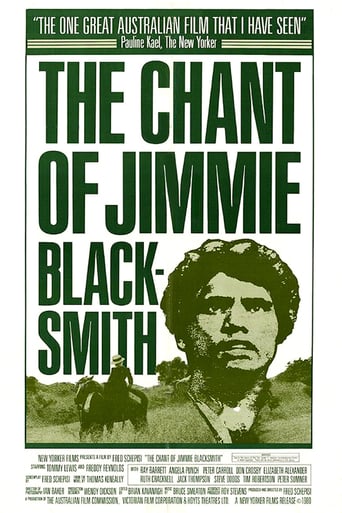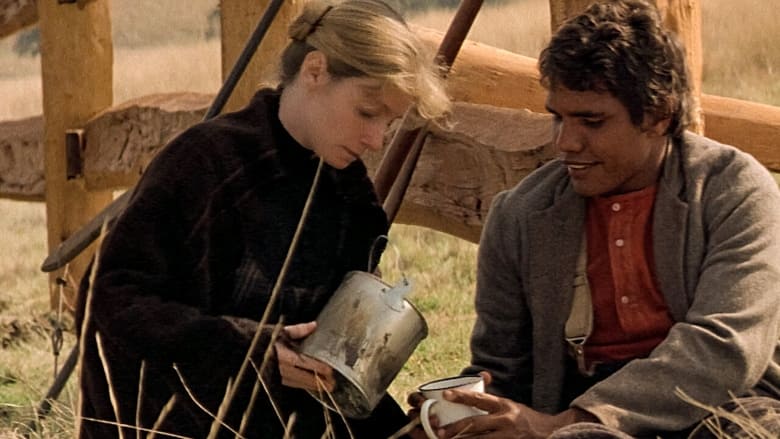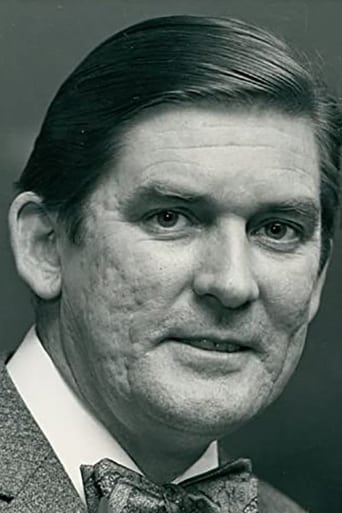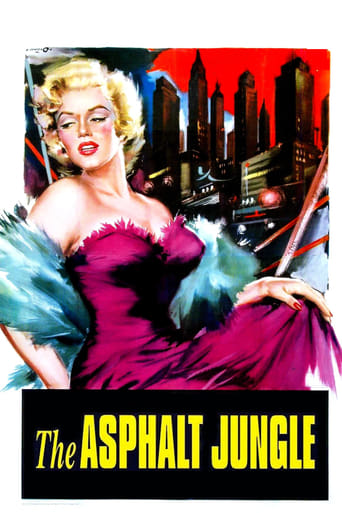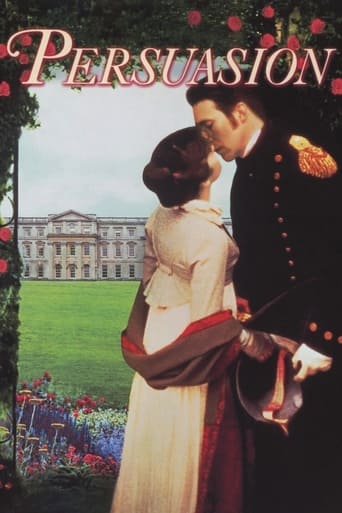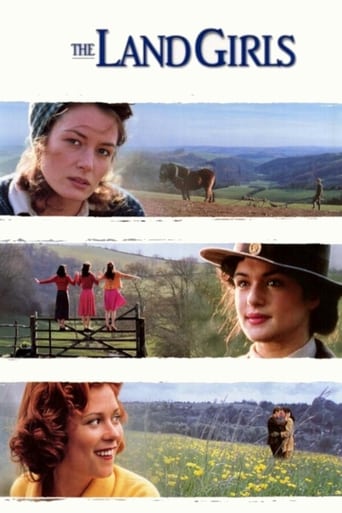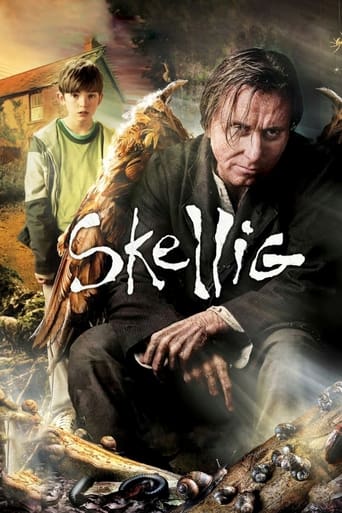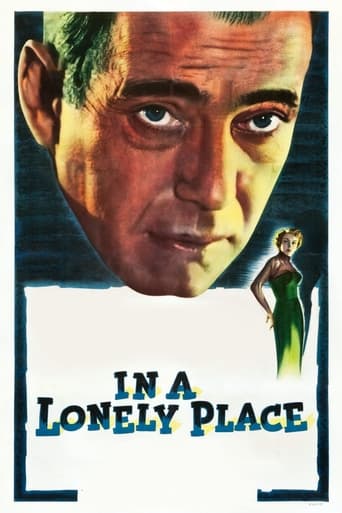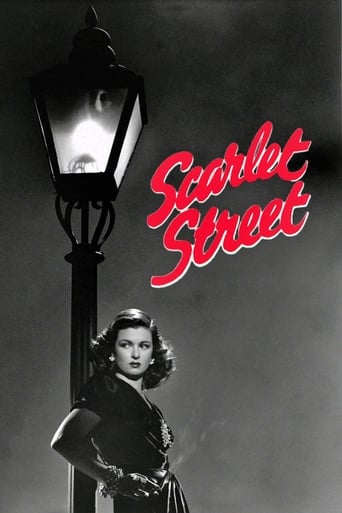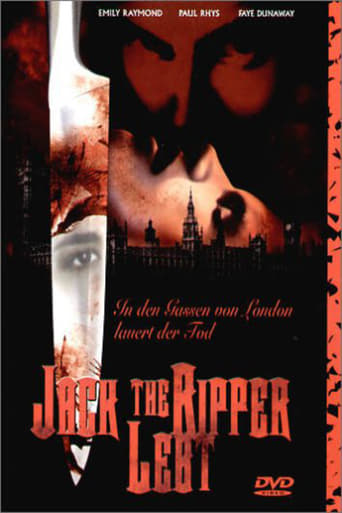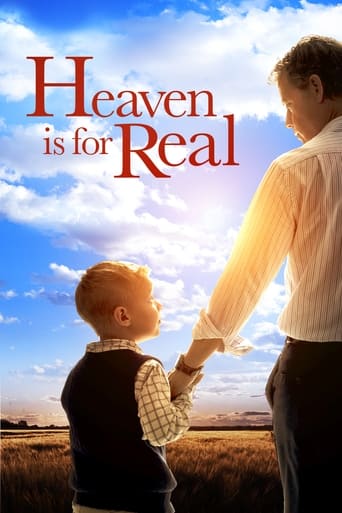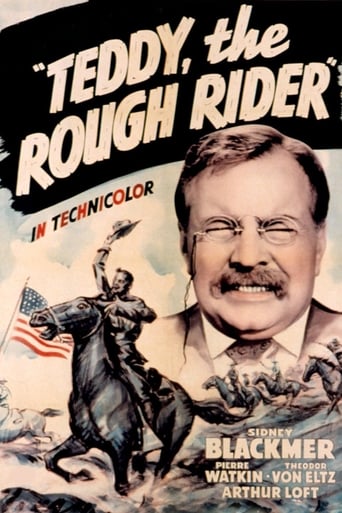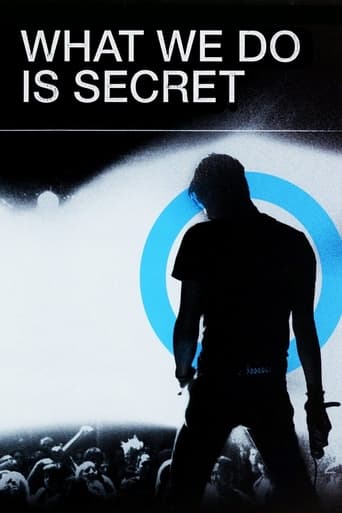The Chant of Jimmie Blacksmith (1978)
The true story of a part Aboriginal man who finds the pressure of adapting to white culture intolerable, and as a result snaps in a violent and horrific manner.
Watch Trailer
Cast


Similar titles
Reviews
Save your money for something good and enjoyable
Best movie ever!
Watching it is like watching the spectacle of a class clown at their best: you laugh at their jokes, instigate their defiance, and "ooooh" when they get in trouble.
It's simply great fun, a winsome film and an occasionally over-the-top luxury fantasy that never flags.
(Spoilers) Jimmy Blacksmith is a young, half-caste Australian Aborigine who has been raised into adulthood by an English minister and his wife. It is 1901 and, as presented, systemic racism is in full effect. To show concern for the Aborigines the minister is intent on "imbuing one with decent ambition." Being half white gives Jimmy an entry into the minister's world, the thinking being that the white half of him might allow him to turn out acceptably well. Jimmy goes along with the thought and tries to fit into the white world, the outcome being that he is tragically caught between two cultures. The minister, seeing that Jimmy has applied himself to getting an education and worked hard, sends him out into the world with a letter of reference. Jimmy takes on fence building at a couple of farms and both times he is given less compensation than agreed on and then given the boot. Then he takes a position with the local police where he obligingly executes the law, even against his own people. After witnessing a monstrous miscarriage of justice he quits that job. Finally Jimmy winds up working on a sheep ranch.The movie is well paced in that with each indignation Jimmy suffers we see his change in attitude from eagerly trying to join the dominate culture to resenting the abuse he suffers because of his race. With each event I also became more indignant. The fuse was set and a sequence of events at the ranch results in a spontaneous explosion of violence. Many may want to avert their eyes during that scene. It left me with conflicting emotions. Everything that happened was perfectly understandable, but hard to condone. When the bad guy finally gets his in a movie, you can usually accept it since he was the bad guy after all. Here the people who are killed are not necessarily bad people. True, they have bought into an evil doctrine, but how many people are independent thinkers enough to buck societal norms?After the killings Jimmy goes on the lam with his brother Mort. The second half of the film deals with tracking them down. And that is not easy, since Jimmy and Mort are skilled at moving about the countryside, being able to move fast and cover their tracks. As a late attempt to stave off the massive search effort Mort and Jimmy take a hostage, a school teacher. The teacher is the unusual person who cares even to think about the problem of racial oppression and how it can lead to violence. He comments to Jimmy and Mort, "You can't say we haven't given you anything. We've introduced you to alcohol, religion, influenza, measles, syphilis, school. A whole host of improvements."The acting is solid, especially considering that playing Jimmy was Tommy Lewis' first screen appearance. The cinematography is noteworthy, with the Australian countryside being used to great effect.Being an American, English subtitles would have helped me.This is based on real events in the life of one Jimmy Governor. Any fictionalized version of real events is always a bit suspect, but this movie has the feeling of authenticity. I hope that is the case, since the movie deals with topics of such gravity that it would be a sin to rewrite the history to any great extent.
This is a fine example of the breed of excellent Australian films released in the 1970s during the Australian film renaissance (it's interesting to note that virtually all of the directors of these films, including director Fred Schepisi, later moved to the U.S. to make big budget Hollywood films). This tale of a young aboriginal man who eventually turns to violence following one humiliation after another by white settlers in 19th century Australia asks some very uncomfortable questions of the audience such as: Is it morally justified to use violence against a corrupt, racist, violent system in which there are no lawful means to receive justice? Additionally, it is up to interpretation whether the violent reactions of the title character are justified: we are clearly sympathetic to him in the beginning, but once he perpetuates incredible brutality on the settlers, can we remain sympathetic? He is definitely not a monster, but a well-mannered and educated Aboriginal brought up by missionaries. After all, his actions are not simply heat-of-the-moment reactions; he has formally "declared war" on the perpetuators of injustice. Does that legitimize what he is doing? The U.S. has been asking itself these exact same questions for the past 50 years: Jimmy is very much a close Australian cousin to Bigger Thomas, the main character in Richard Wright's classic American novel "Native Son" - a black man pushed to violence by virtually every aspect of white society.However, like Wright, I admired director Schepisi's decision to carefully straddle the line between whether Jimmy can be viewed as a simple societal construct or whether he is a man in control of his own actions. One could easily make a case for either of these scenarios or probably both of them. That makes the movie even more uncomfortable when one thinks about it afterward.In many ways, this is a very depressing movie; in the end there is no closure, no justice, and nobody has learned a damned thing, except possibly the audience, if they truly think about what they have just seen. I really respect filmmakers who tackle incredibly difficult subject matter such as this, with moral quagmires and complex characters. My only complaint is that it is very difficult to understand much of the Aussie English, so an American viewer must listen very closely. This is a film definitely deserving of a U.S. audience. Too bad that its controversial (i.e. thought-provoking) nature has probably prevented it from being released on VHS or DVD in the U.S. I understand copies of this are quite rare abroad, as well, so I suggest viewing it if given the opportunity.
Thomas Keneally's THE CHANT OF JIMMIE BLACKSMITH novel works on so many levels - a period piece, as a biting satire and as a wonderfully composed drama. This film of the same name attempts to capture the poignancy and strength of the original classic novel. It achieves this wonderfully. The film is excellently acted and the violence is both well shot and vibrantly enacted. The score is great too. Also the Australian landscape - not to mention its social underbelly, was never shot with as much insight.An excellent starting point to understand such great Aussie films like the tracker and rabbit proof fence.10/10
If you're the sort of person who enjoys being depressed, The Chant of Jimmie Blacksmith is the film for you. A short summary of the film is as follows. Young half aboriginal/half white boy is raised by a white Christian family. As he goes off to find a job, he discovers that every white person in the world is actually a racist. He tries to get over this fact by trying to lose his 'black soul', and become more like a white man. He is constantly cheated and laughed at by his white employers. Of course there is only one thing a decent person can possibly do when faced with this. He goes and chops up a couple of women and young girls with an axe. Sound fun so far? Well it gets better anyway, but I won't give away the whole plot in case you actually want to watch the movie. Of course one might say, but isn't the message important? Well, no. It is true that Aborigines were generally considered inferior at the time, and that there was some racism going on. But this film ruthlessly exaggerates it to prove a point, which appears to be that white society is a corrupter of black people. Leaving aside the negative storyline and the political point-scoring, however, the acting is fairly decent, and score is alright too. Apart from that, don't bother watching this.

